15 Essential Tips for Your First Solo Trip Abroad
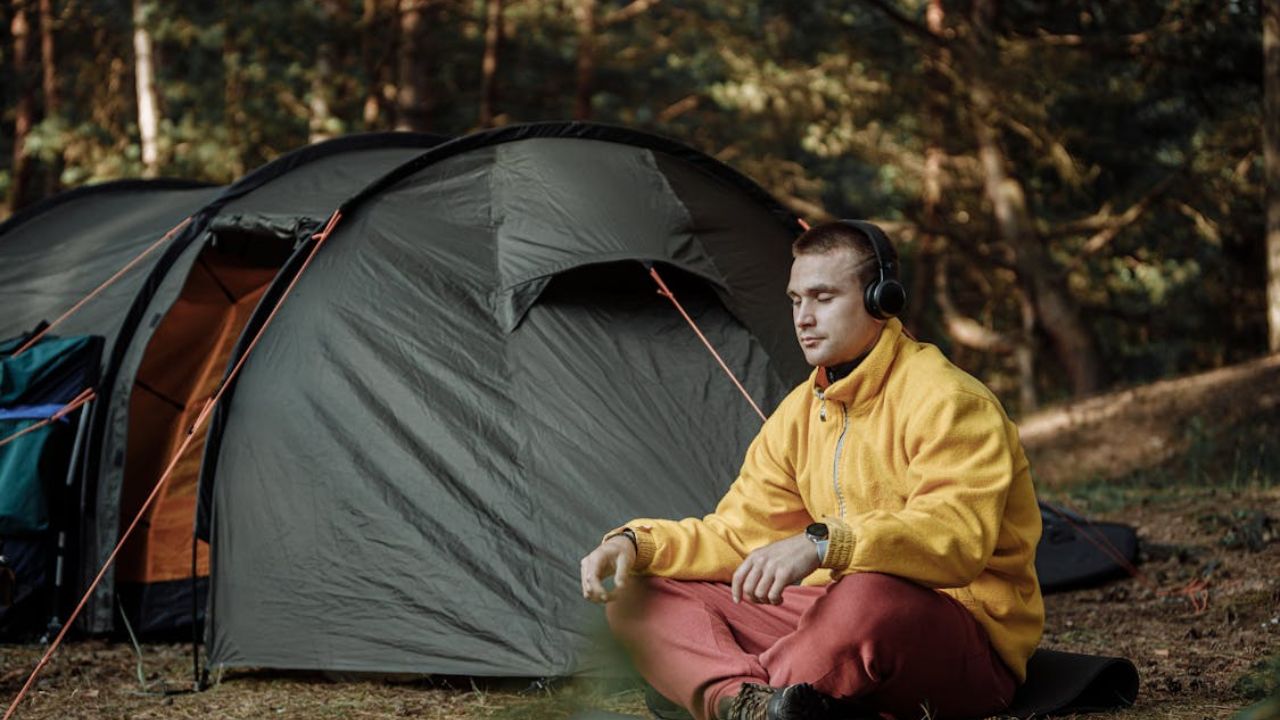
Thinking about taking your first solo trip abroad? It’s a bold step that can be incredibly rewarding. Whether you’re looking to grow your confidence, explore new cultures, or simply enjoy the freedom of traveling on your own terms, preparation is key. These 15 essential tips will help you feel ready, stay safe, and make the most of your solo adventure—from picking the right destination to trusting your instincts along the way.
Choose a Solo-Friendly Destination

Start your journey with a place that’s easy and safe for solo travelers. Look for countries known for good public transport, friendly locals, and a strong tourism scene. Destinations where English is commonly spoken can make things a lot smoother. When you’re somewhere that’s easy to explore and full of other travelers, it’s easier to feel confident, meet new people, and enjoy the adventure without stress.
Plan Ahead—but Stay Flexible
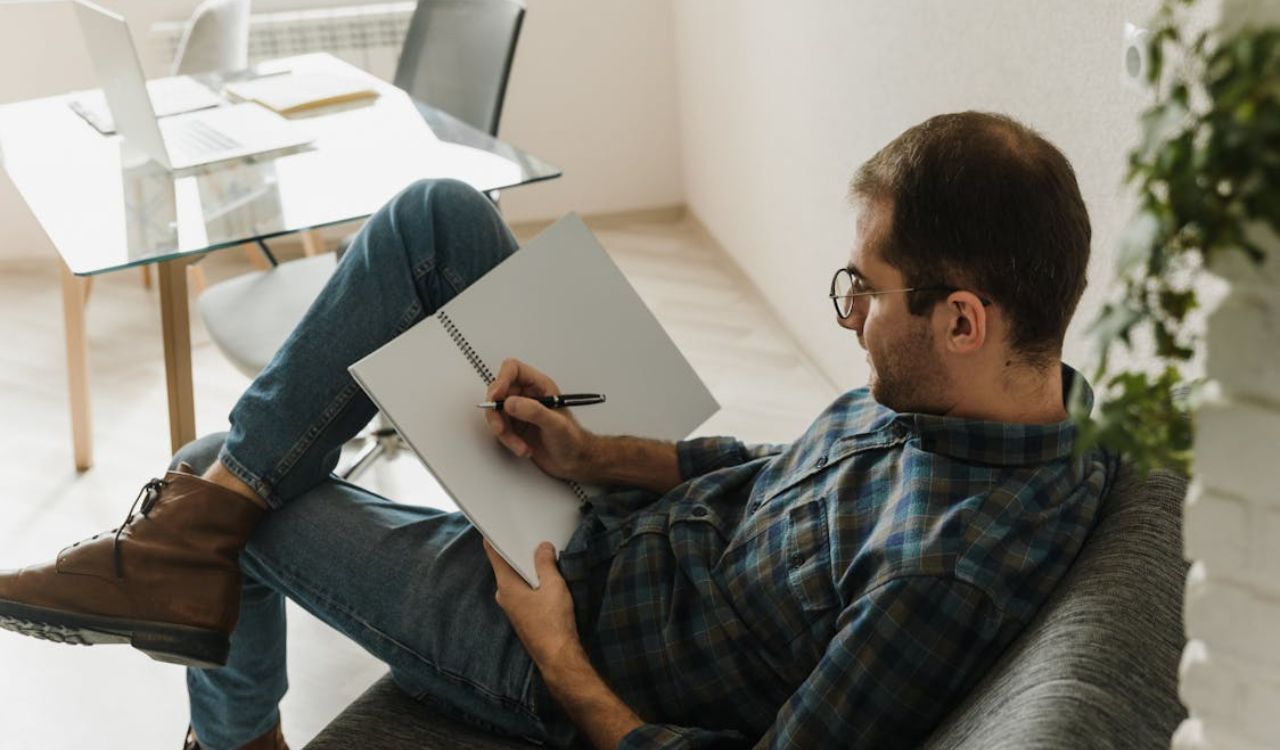
Planning helps reduce stress, especially when you’re traveling alone. Book your flights and accommodation in advance, and research how to get around when you arrive. At the same time, leave space in your schedule to explore freely or change plans if something fun comes up. Flexibility allows you to enjoy unexpected moments, while planning helps you feel safe and in control throughout your journey.
Make a Backup Plan
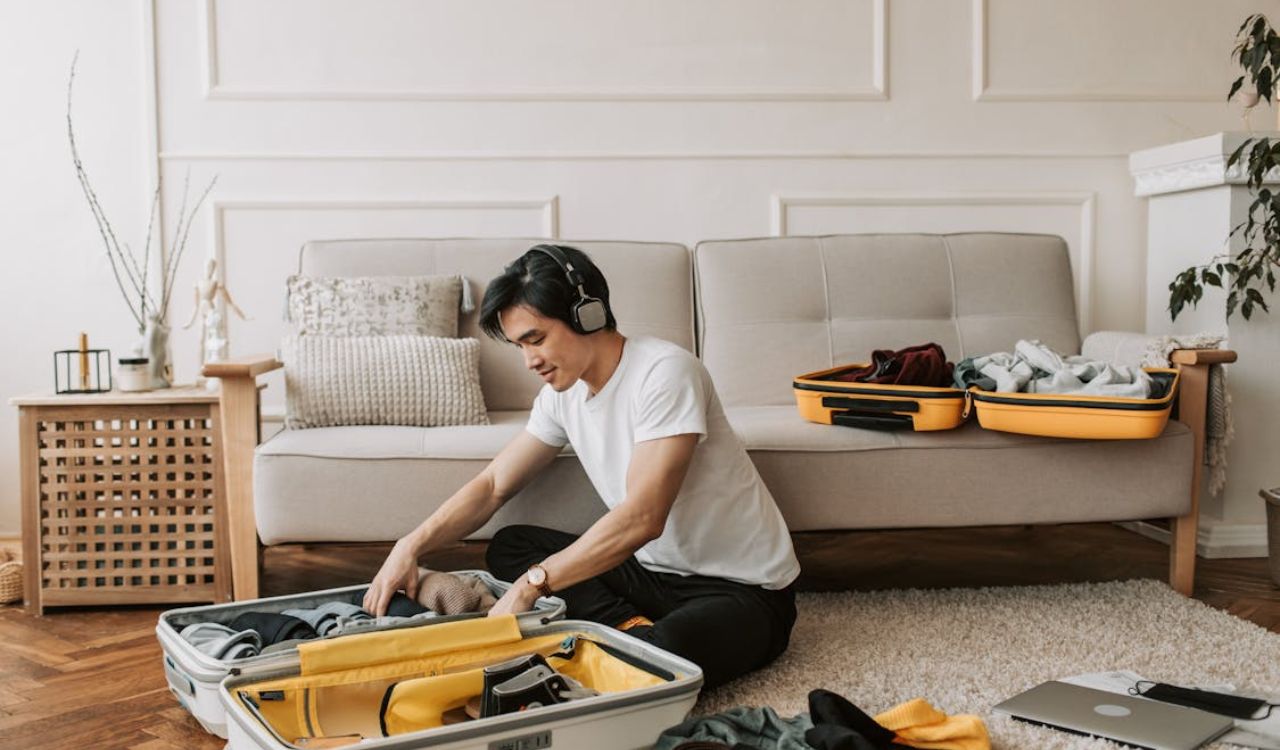
Even the best trips can hit a few bumps, so it’s smart to be prepared. Save copies of your travel details, like flight info and hotel bookings. Keep extra cash and a few essentials—like a toothbrush and change of clothes—in your carry-on. Know what you’ll do if your flight’s delayed or you miss a bus. Having a backup plan keeps you calm and confident, even when things don’t go as expected.
Ensure Your Passport and Visa Are in Order
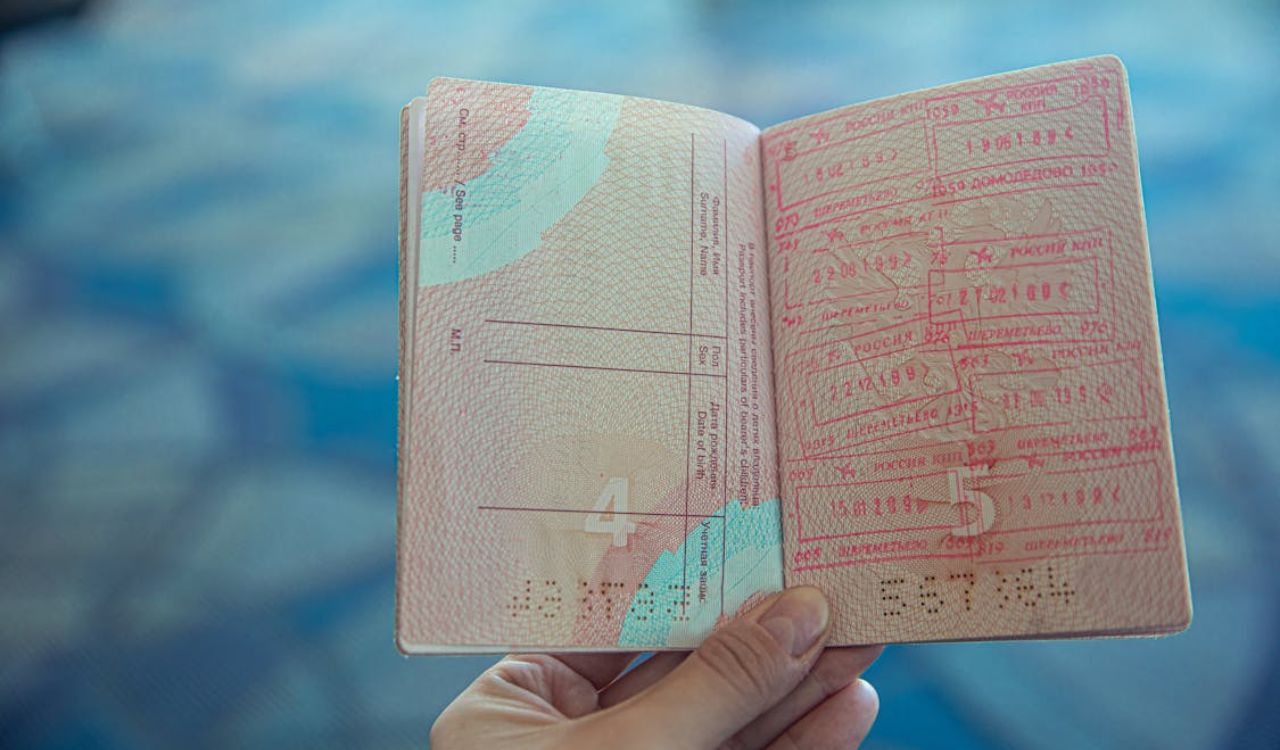
Before you book anything, check your passport’s expiration date. Most countries require at least six months of validity beyond your travel dates. Also, research the visa rules for your destination. Some places let you enter freely, while others need applications in advance. Give yourself plenty of time to get everything sorted, so you don’t face last-minute issues at the airport or border.
Buy Travel Insurance
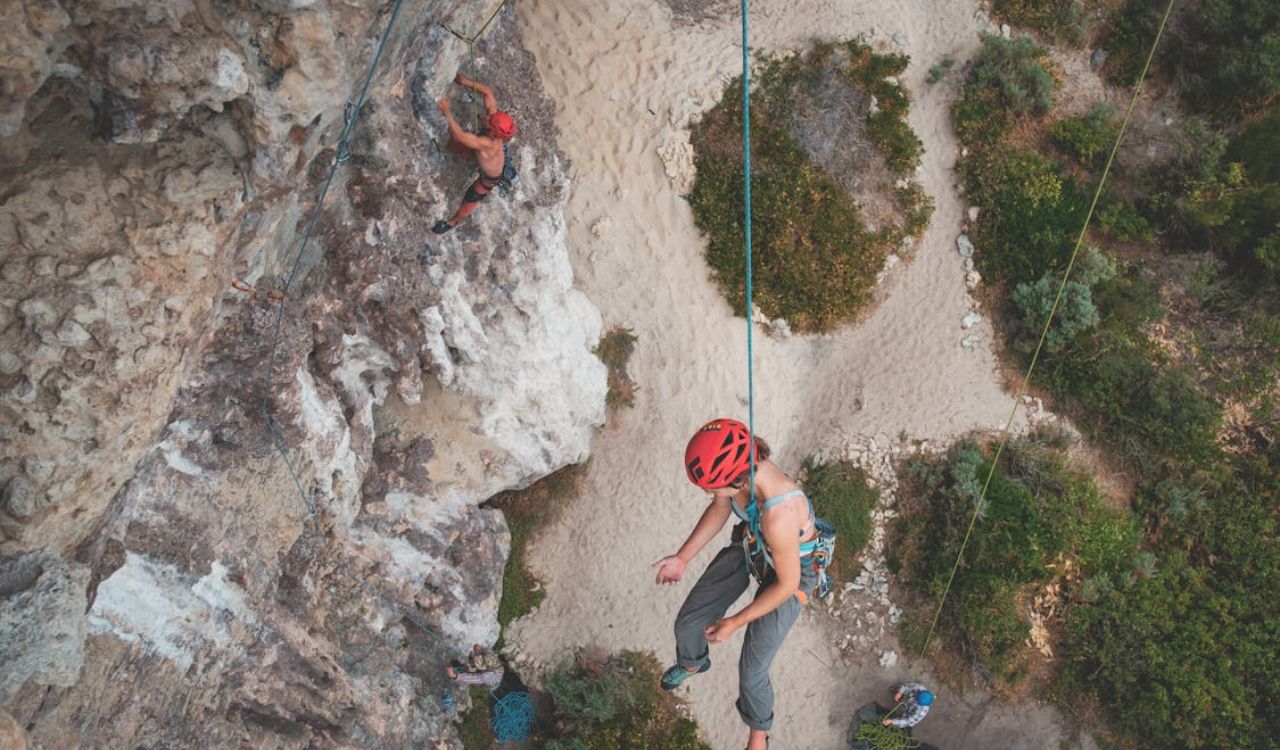
Travel insurance might seem like an extra cost, but it’s a smart safety net. It can cover medical emergencies, lost luggage, trip cancellations, and more. If you get sick or injured abroad, the costs can add up quickly without coverage. Choose a policy that fits your trip and gives you peace of mind. It’s one of those things you hope you won’t need—but you’ll be glad to have if you do.
Learn the Basics of the Local Language

Even a few simple words in the local language can go a long way. Learn how to say “hello,” “thank you,” and “where is…?” using free apps like Duolingo. Locals often appreciate the effort, and it can help you in tricky situations. You don’t need to be fluent—just knowing the basics can make your trip smoother, help you feel more connected, and show respect for the local culture.
Download Essential Apps

Having the right apps can make solo travel much easier. Download Google Maps and Google Translate and use their offline features so you’re covered without internet. Maps help you get around confidently, and Translate helps you understand signs or talk to locals. You can also use apps for booking transport, reading travel tips, or finding fun things to do. With the right tools, your phone becomes your best travel buddy.
Stay Connected with a SIM or eSIM
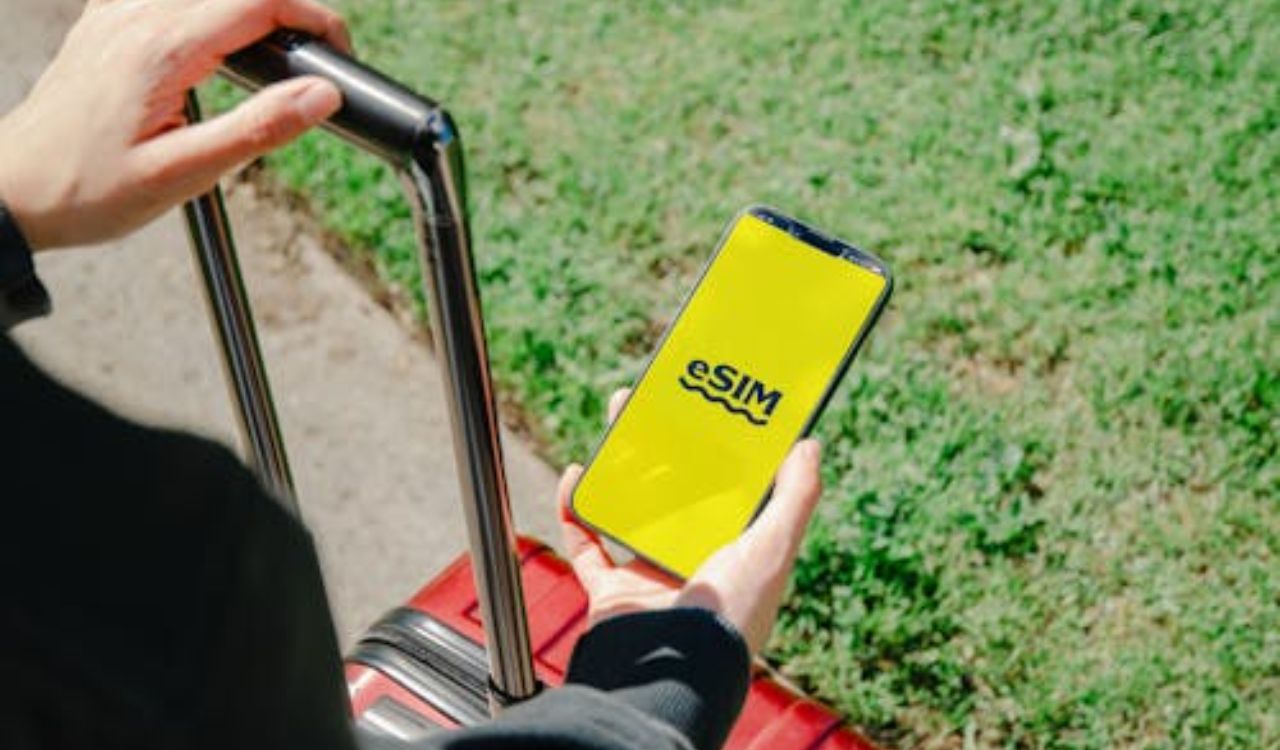
Getting a local SIM card or eSIM helps you stay connected without relying on Wi-Fi. It’s useful for checking directions, calling a ride, or updating family back home. Many airports sell prepaid cards, or you can download eSIMs before your trip. Staying connected makes you feel safer, especially when exploring a new place on your own. It also helps you share your adventures in real-time with friends and family.
Book Accommodation in Safe, Central Areas

Where you stay matters, especially when you’re traveling solo. Book a place in a central, well-reviewed area close to restaurants, public transport, and attractions. Hostels are great for meeting people, and many offer private rooms for extra comfort. Always read reviews and look for mentions of safety and cleanliness. A good location gives you peace of mind and makes it easier to explore on foot.
Pack Light and Smart
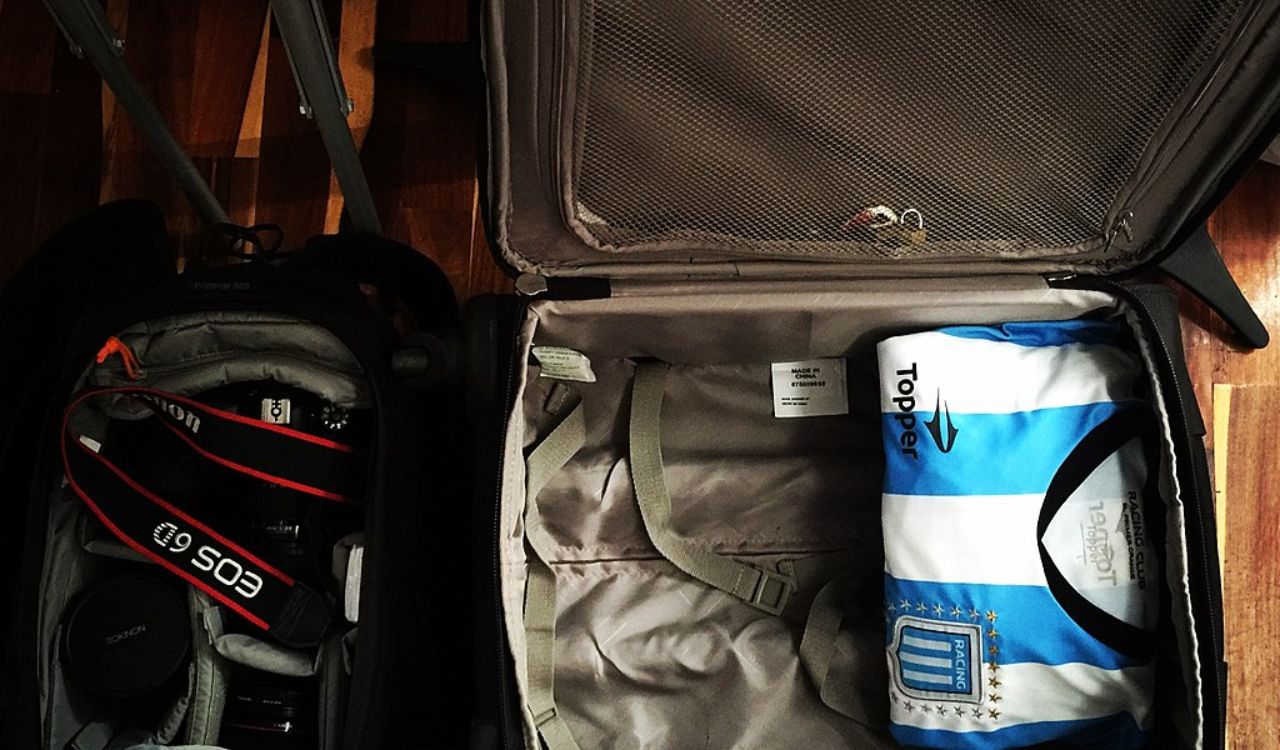
When you’re on your own, you have to carry everything yourself—so pack only what you really need. Choose clothes that mix and match, and bring comfortable shoes. Use a backpack or suitcase you can manage easily. Packing light helps you move freely, avoid extra baggage fees, and stress less. Keep essentials like documents, medicine, and chargers in your carry-on just in case your luggage gets delayed.
Keep Your Money and Documents Safe

Stay smart with your valuables. Don’t carry all your money or cards in one place. Use a money belt or lockbox at your hostel or hotel. Keep copies of important documents like your passport and travel insurance in both paper and digital formats. Let your bank know you’re traveling so your cards don’t get blocked. Being careful with your money helps you avoid problems and gives you peace of mind.
Notify Your Bank

Before you fly, let your bank and credit card companies know where you’re going. If you don’t, they might flag your purchases as fraud and freeze your cards. Also, check if your cards charge foreign transaction fees. It’s a good idea to carry a little local currency too, since not every place takes cards. A bit of prep with your finances can save you big headaches later.
Research Local Customs and Scams
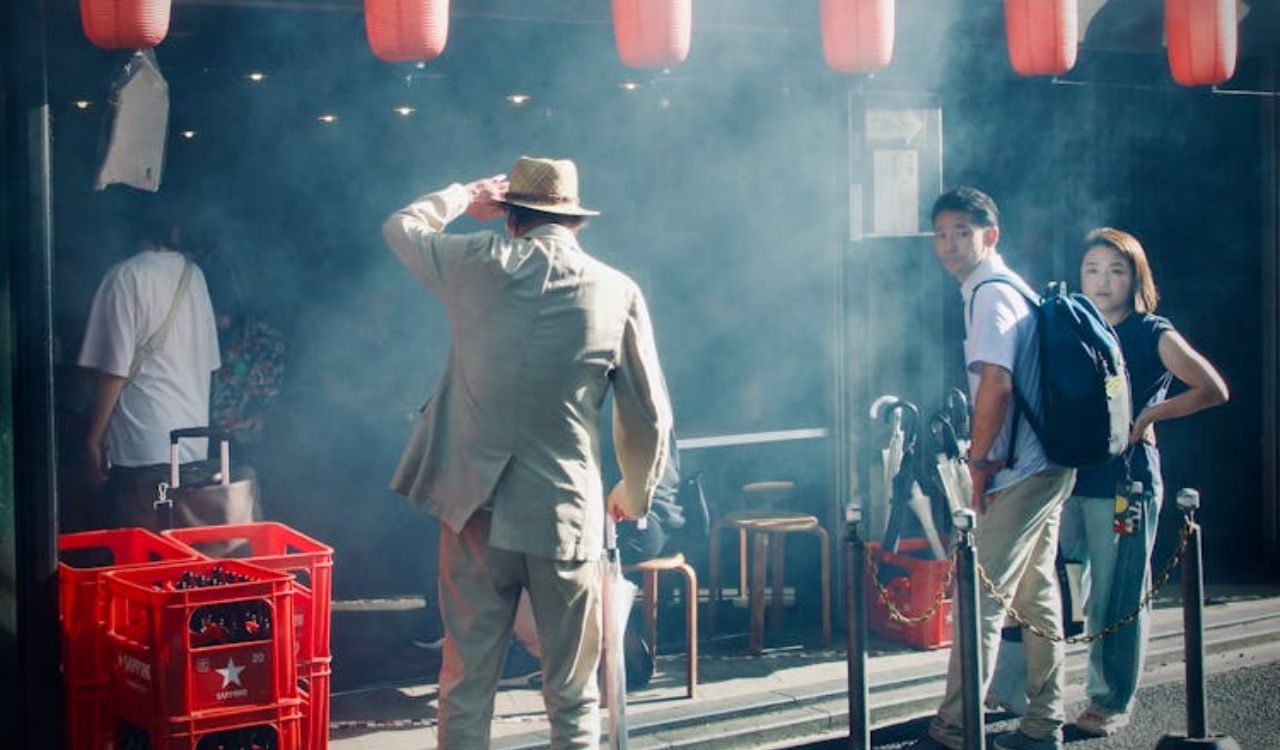
Every place has its own way of doing things—and knowing what’s normal helps you blend in. Read about local customs, dress codes, and common scams before you go. In many cities, pickpocketing is a risk, so stay alert and keep your belongings close. Understanding what to expect helps you avoid trouble and shows respect for the culture you’re visiting. It’s a small effort that makes a big difference.
Connect with Other Travelers

Solo travel doesn’t mean being alone all the time. Join group tours, stay in social hostels, or take local classes. Most travelers are open to meeting new people, and a friendly hello can lead to great conversations or shared adventures. Whether it’s a walking tour or a casual dinner, connecting with others can make your trip more fun and meaningful. You never know—you might make a lifelong friend.
Trust Your Gut
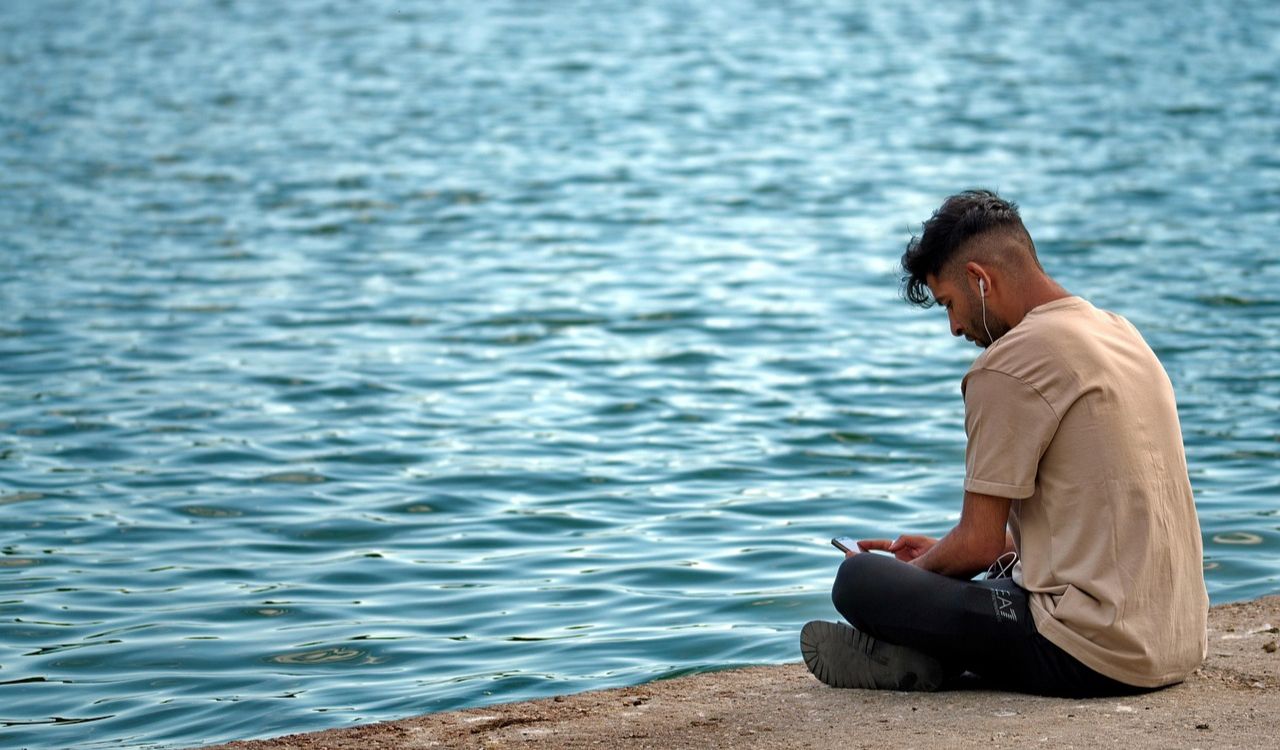
Your instincts are a powerful tool. If something feels off—whether it’s a person, place, or situation—listen to your gut. Don’t be afraid to say no, walk away, or change plans. It’s better to be safe than polite. Confidence grows with experience, and learning to trust yourself is one of the best parts of solo travel. You’ve got this—and your inner voice will help guide the way.